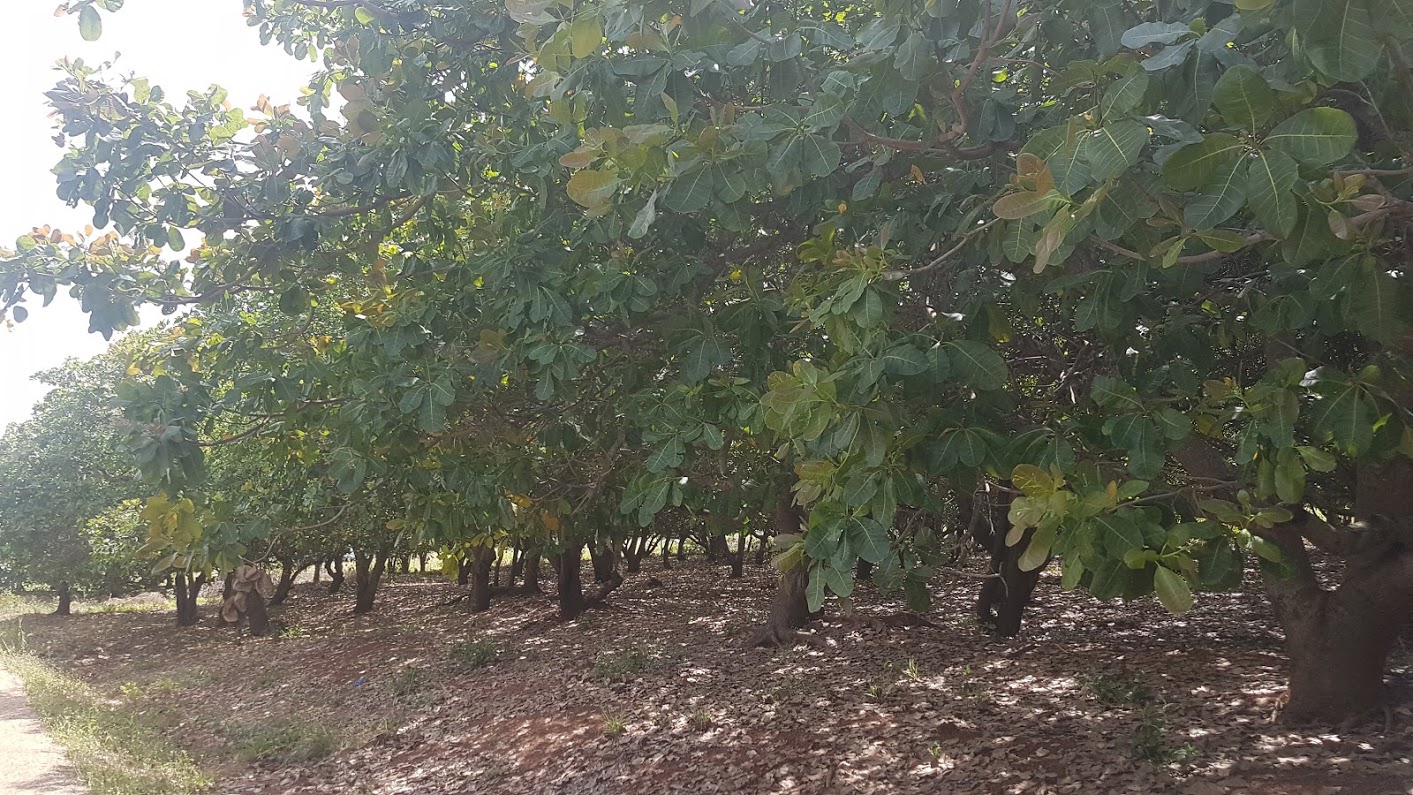Researchers want to climate-proof cocoa production in Ghana
Cocoa production in Ghana is threatened by climate change. Researchers from Aarhus University will collaborate with research institutes in Ghana in a new Danida-funded project to climate-secure the cocoa industry, thus securing a significant part of Ghana's economy.

Cocoa is an important part of Ghana's economy, but climate change is a major threat to production in the country. Cocoa is grown in the forested part of Ghana, but according to researchers from the Department of Agroecology at Aarhus University, the temperature and droughts have been increasing in large parts of the country, and it has a negative effect on the cocoa production.
“Young as well as old trees are simply at risk of withering and dying, yields are getting lower and there is an increased risk of forest fires in the area. Cocoa production is highly dependent on stable temperatures and rainfall, but it isn’t particularly stable anymore. It is getting warmer and the precipitation is becoming more unpredictable,” says senior researcher Finn Plauborg from the Department of Agroecology.
Danida is funding a new project where Finn Plauborg, Uffe Jørgensen and Torsten Rødel from the Department of Agroecology at Aarhus University along with researchers from Copenhagen University, College of Agriculture and Natural Resources, and the Department of Agroforestry, Faculty of Renewable Natural Resources, both at Kwame Nkrumah University of Science and Technology (KNUST) and the Cocoa Research Institute of Ghana will try to climate-proof cocoa production in Ghana.
Climate Smart
“Many farmers' livelihoods are in danger, so there is a great need to reverse the trend we are seeing in the country now. Ghana has had a national climate change policy since 2013, and attempts by the Ghana Cocoa Board have been made to achieve a more climate-stable cocoa production, but unfortunately their strategies have proved insufficient. That is why we need to start research now, and it will hopefully result in some more sustainable strategies,” says Finn Plauborg.
The new project is called “Climate-smart Cocoa Agroforestry Research in Ghana”. The researchers involved will assess how "climate smart" the existing cocoa varieties are, as well as assess the use of organic and inorganic fertilizers and shade trees to climate-proof production. In addition, researchers will explore farmers' perspectives on whether agroforestry will improve their yields, income and livelihoods, as well as help with adaptation to climate change in the cocoa landscape.
Six goals to lead to a more climate-proof cocoa production
The researchers have a total of six goals to be achieved through the project:
- To identify climate-safe cocoa varieties in Ghana by examining how the different varieties are affected by different varieties of climate in relation to yield, resilience and storage of carbon.
- To identify climate-smart technology to improve soil fertility for cocoa cultivation in Ghana.
- To find climate-smart shade trees, which can be part of cultivation systems in cocoa production.
- To assess farmers' local strategies for more robust cocoa cultivation.
- To establish mobile phone technology so that farmers can access data and information on climate smart cocoa cultivation in Ghana.
- To develop highly educated capacity for research in climate smart cocoa production at research institutions in Ghana.
In addition to the six goals, the project also focuses on several of the UN's Sustainable Development Goals, including 1 - No Poverty, 5 - Gender Equality, 8 - Decent Work and Economic Growth and 13 - Climate Action.
Behind the project
Collaborators: Department of Agroecology at Aarhus University, CANR and FRNR at KNUST, University of Copenhagen and Cocoa Research Institute of Ghana. |
Funding: Danida |
Conflicts of Interest: None |
Contact information: Senior researcher Finn Plauborg, Department of Agroecology at Aarhus University. Email: finn.plauborg@agro.au.dk. Tel: +4522181809 |
